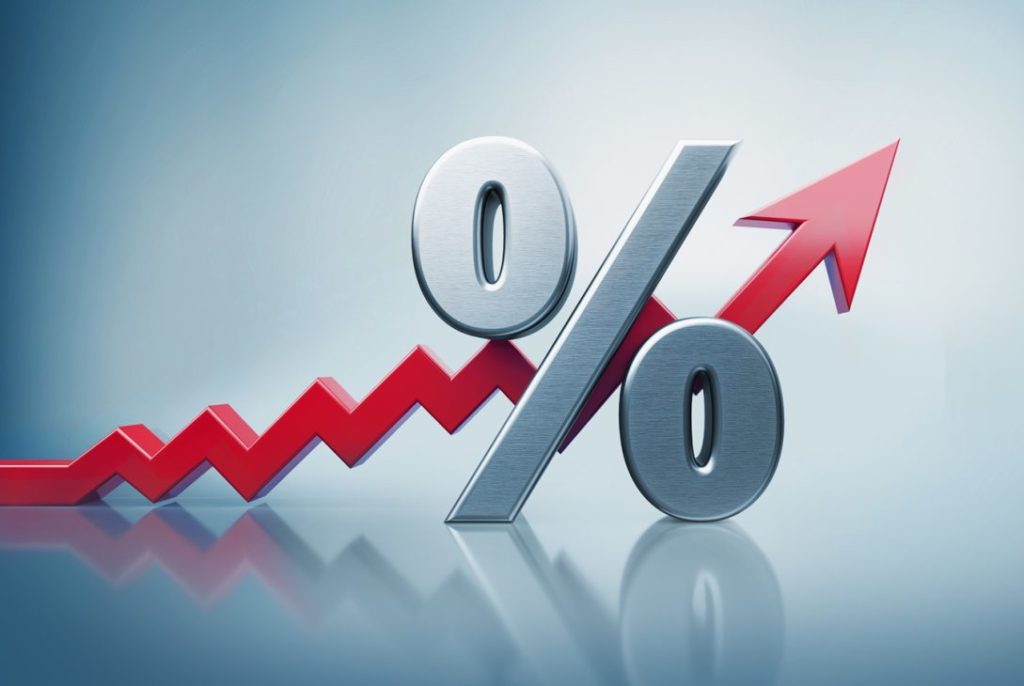When you’re shopping for a mortgage in Canada, you’ll come across two key terms: the contract rate and the effective rate. These two might sound similar, but they can actually impact your mortgage in different ways. So, what’s the deal? Let’s break it down in simple terms so you can make sense of how these numbers affect your mortgage—and more importantly, your wallet.
The Contract Rate vs. The Effective Rate
Contract Rate: This is the rate you see plastered on mortgage ads everywhere. It’s the rate your lender uses to calculate your monthly payments. Pretty straightforward.
Effective Rate: Now, this is where things get a little more interesting. The effective rate factors in any extra perks you might get from your lender, such as cashback or other incentives. Think of the effective rate as the “real” cost of your mortgage once you’ve considered all the bells and whistles. It’s often the lower rate, especially if you’ve been offered cashback.
How Cashback Lowers Your Effective Rate
Cashback can be a game-changer! Let’s say your lender offers you 3% cashback on your mortgage. While your contract rate stays the same, the cashback essentially offsets part of your borrowing cost. This means that when all is said and done, your effective rate ends up being lower than your contract rate.
For example, if you take out a $400,000 mortgage at a 5% 5 year fixed contract rate and get 3% cashback(assuming a 25 year amortization), that’s $12,000 in cashback in your pocket. You could use that cashback to pay down your mortgage as a prepayment, making that 5% contract rate actually equivalent to roughly 4.38% 5 year fixed.
What Drives Your Effective Rate Higher or Lower?
Your effective rate isn’t just a fixed number. Several factors can push it higher or lower:
- Cashback Offers: As we mentioned, getting cashback will lower your effective rate.
- Prepayment Penalties: Some lenders might ding you with a prepayment penalty if you pay off your mortgage early. This would increase your effective rate because it adds to your overall cost.
- Fees and Closing Costs: If you have high closing costs, these can also push your effective rate up.
- Discounts: Some lenders offer rate discounts for setting up automatic payments, bundling insurance, or other factors that could reduce your effective rate.
The Impact on Your Monthly Payments
The main difference between your contract rate and your effective rate really comes down to how much you pay overall. Here’s how it works:
- Monthly Payments: These are based on your contract rate, so even if your effective rate is lower, it won’t reduce your monthly payments directly. That said, a lower effective rate means you’re getting a better deal on your mortgage over time.
- Interest Paid: With a lower effective rate, you’ll end up paying less interest over the life of your mortgage. That means more of your payment goes toward the principal, which is always a good thing.
- Principal Paid: The sooner you can pay off your principal, the less interest you’ll owe. A lower effective rate helps you build equity faster, meaning more of your home is actually yours.
Why Lenders Offer Cashback and Lower Effective Rates
You might wonder, why would lenders offer cashback or ways to lower your effective rate? Well, lenders know that a lower effective rate can be attractive for buyers. It makes their mortgage product more competitive, especially when they’re up against other lenders offering similar contract rates. By giving cashback or lowering the effective rate, they sweeten the deal without changing the upfront contract rate that gets advertised. This allows them to stand out in a crowded market while still keeping their overall mortgage profits in line.
Wrapping It Up
At the end of the day, both your contract rate and effective rate play a big role in how much you’ll pay for your mortgage. If you can score some cashback or reduce your effective rate, you’re essentially lowering the total cost of borrowing. Just remember: your monthly payments will still be based on the contract rate, so always check both numbers when comparing mortgage offers.
If the rates are the same, that’s not necessarily bad. You just aren’t getting any extra perks (or penalties) that would affect the cost.
Happy house hunting, and here’s to securing the best deal!






